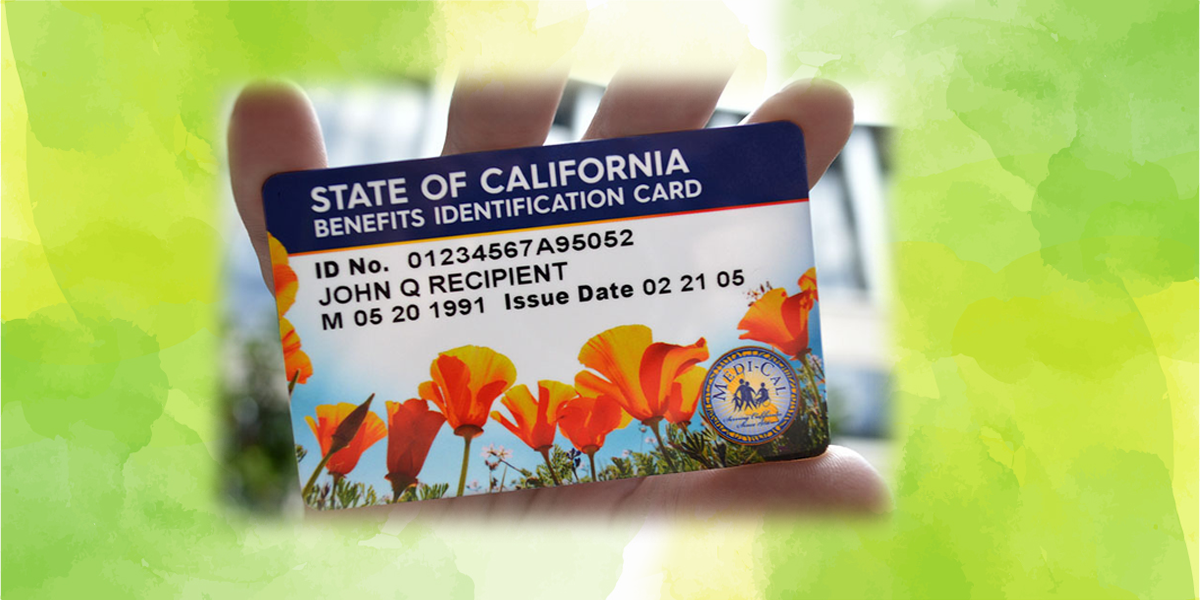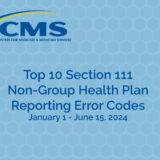Medicare Set-Asides and Medi-Cal Eligibility
February 23, 2022 by Medivest

On November 16, 2021, the State of California’s Medicaid Agency, the Department of Health Care Services (DHCS or Medi-Cal), issued an All County Welfare Directors Letter (ACWDL or Letter) number 21-26 as a memo to all counties and people who administer various state based benefits, including all Medi-Cal Program Specialists/Liaisons.
The Letter provides clarification on Medicare Set-Aside (MSA) funds, as defined by CMS in the Workers’ Compensation realm. The primary message is that “MSAs, also called Workers’ Compensation Medicare Set-Aside Arrangement Accounts (WCMSA), are not countable as income and property on the basis of their unavailability when determining an individual’s eligibility for Medi-Cal.”
This can be significant for several reasons outlined in the Takeaways section. Traditionally, an injured party that was otherwise eligible for need based benefits would be advised by their attorney to have a 1st Party Special Needs Trust of some type (individual or Pooled Trust – together referred to here as an SNT) established to help assure the eligibility of those benefits at that time or in the future. However, there may be times when the cost of establishing such an SNT might be cost prohibitive compared to the value of the benefits to be protected.
Summary
The Letter describes that because the funds in the MSA account are to be used for their intended purpose, covering the costs of future medical needs [that are injury related and Medicare covered], they should be considered unavailable income and not countable when determining an individual’s eligibility for Non-Modified Adjusted Gross Income (MAGI) programs. However, the Letter indicates that it is important to note that interest or dividends generated by the interest-bearing account should be considered available income for MAGI eligibility determination.
The Letter explains that MSAs had previously been determined to not be countable as property pursuant to a previous All County Welfare Directors letter numbered 90-01 from 1990. “MSA funds are considered unavailable property under ACWDL 90-01 (January 5, 1990), Section 50402 of that letter.”
The Letter also provides guidance to California counties on MSAs regarding:
-
-
MAGI eligibility
-
Non-MAGI eligibility concerning:
-
Property
-
Income
-
-
Tasks that are County responsibilities
-
Tasks that are NOT County responsibilities
-
The full ACWDL 21-26 Letter with additional details and information is available here.
Takeaways
-
This Letter does not discuss settlements that exceed the WCMSA amount. Settlements that exceed the WCMSA amount meaning they exceed the injury related Medicare covered medical items, services, and expenses reasonably expected for the injured party and that are paid outside the WCMSA, might disqualify the injured party from Medi-Cal benefits.
-
The Letter also does not discuss that the injured party’s need based benefits may be jeopardized if the injured party moves to another state without taking steps to address the eligibility of the new state’s Medicaid benefits via the use of an SNT within the required time frame to afford such protection.
-
The information in this Letter may come in handy for certain cases where the cost of a SNT is a prohibitive factor that would affect whether a smaller Workers’ Compensation settlement could proceed.
-
The letter does not make it clear how Medi-Cal would view a liability MSA (LMSA), i.e., an MSA allocation report and arrangement for administration pursuant to the settlement of a liability case.
-
As always, you should consult with an attorney licensed in the state where the settlement occurs (as well as disclose to the injured party to consult with an attorney specializing in the protection of need based benefits for the state where the settlement occurs and in any state they plan to move to ahead of their move) to confirm their rights, their entitlement to any specific benefits, and so that they understand that state need based benefit eligibility varies and other states’ laws likely do not afford this same protection.






